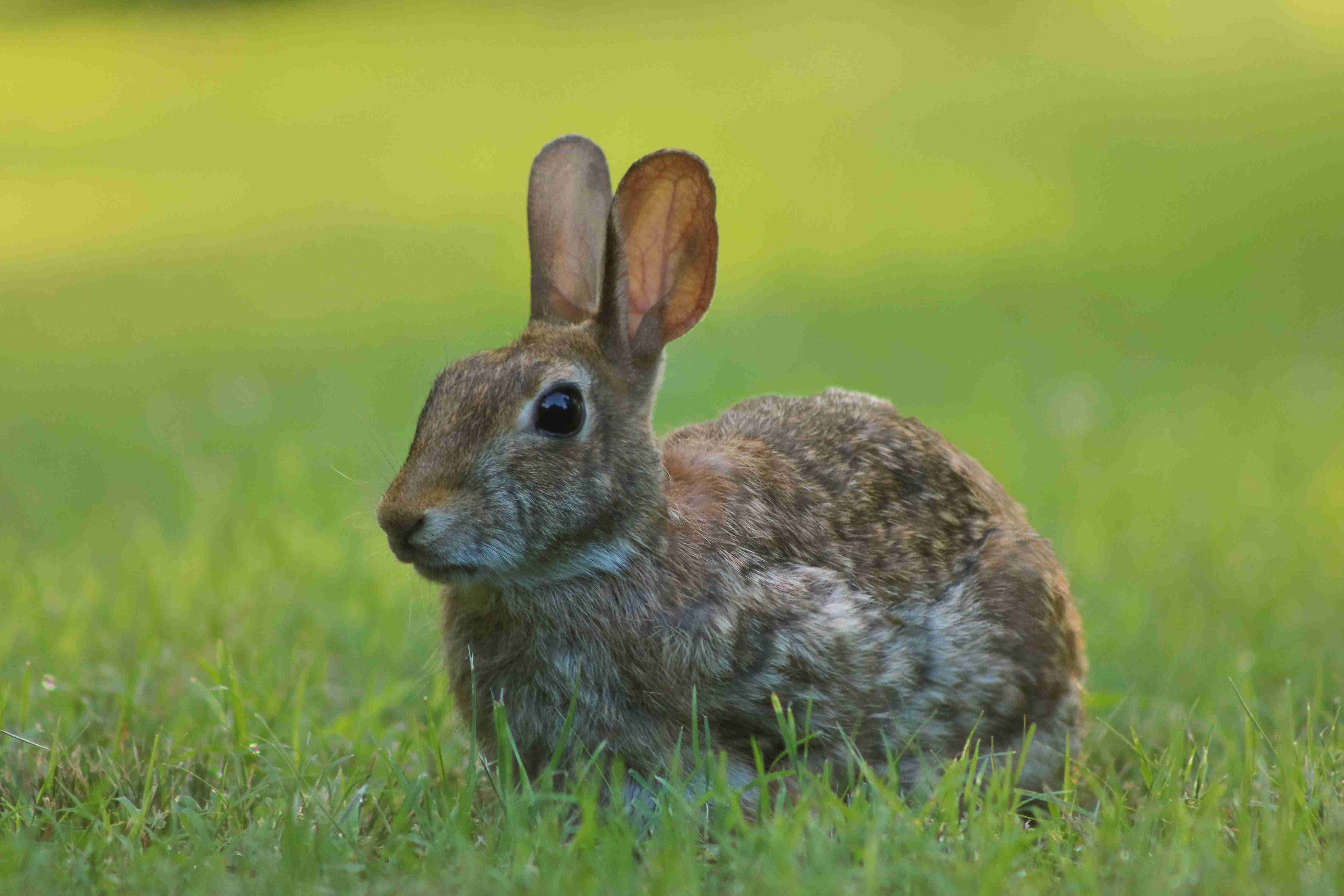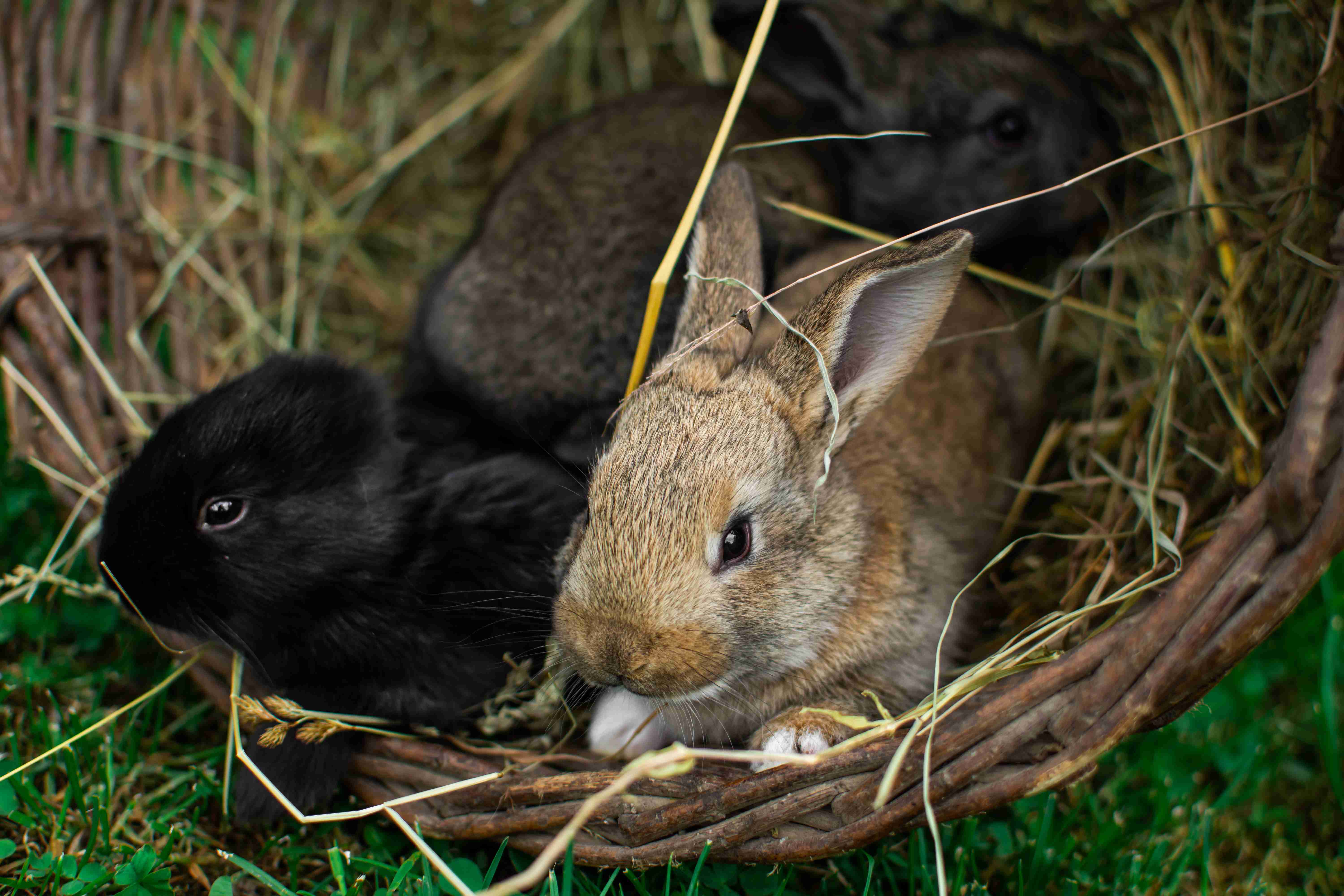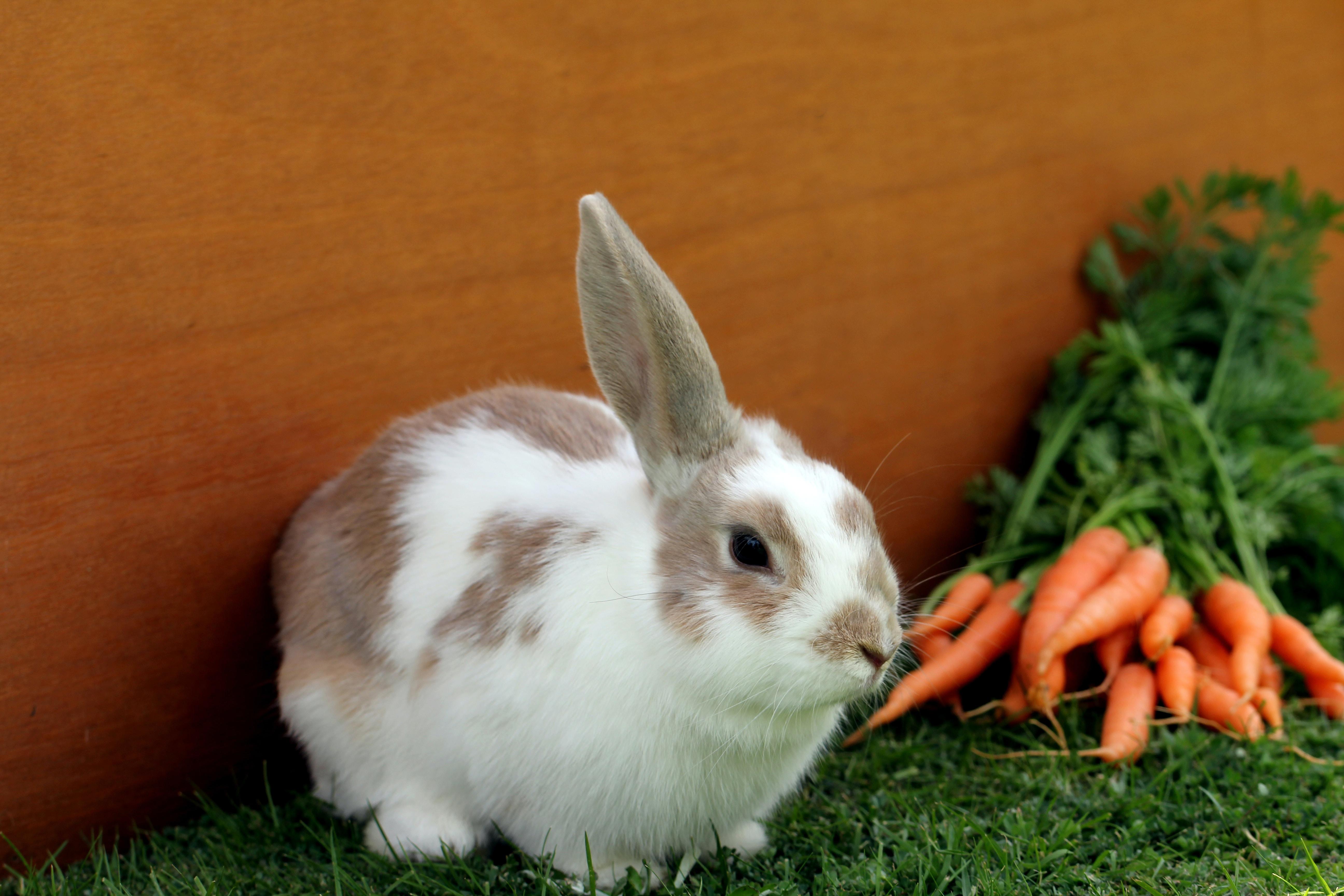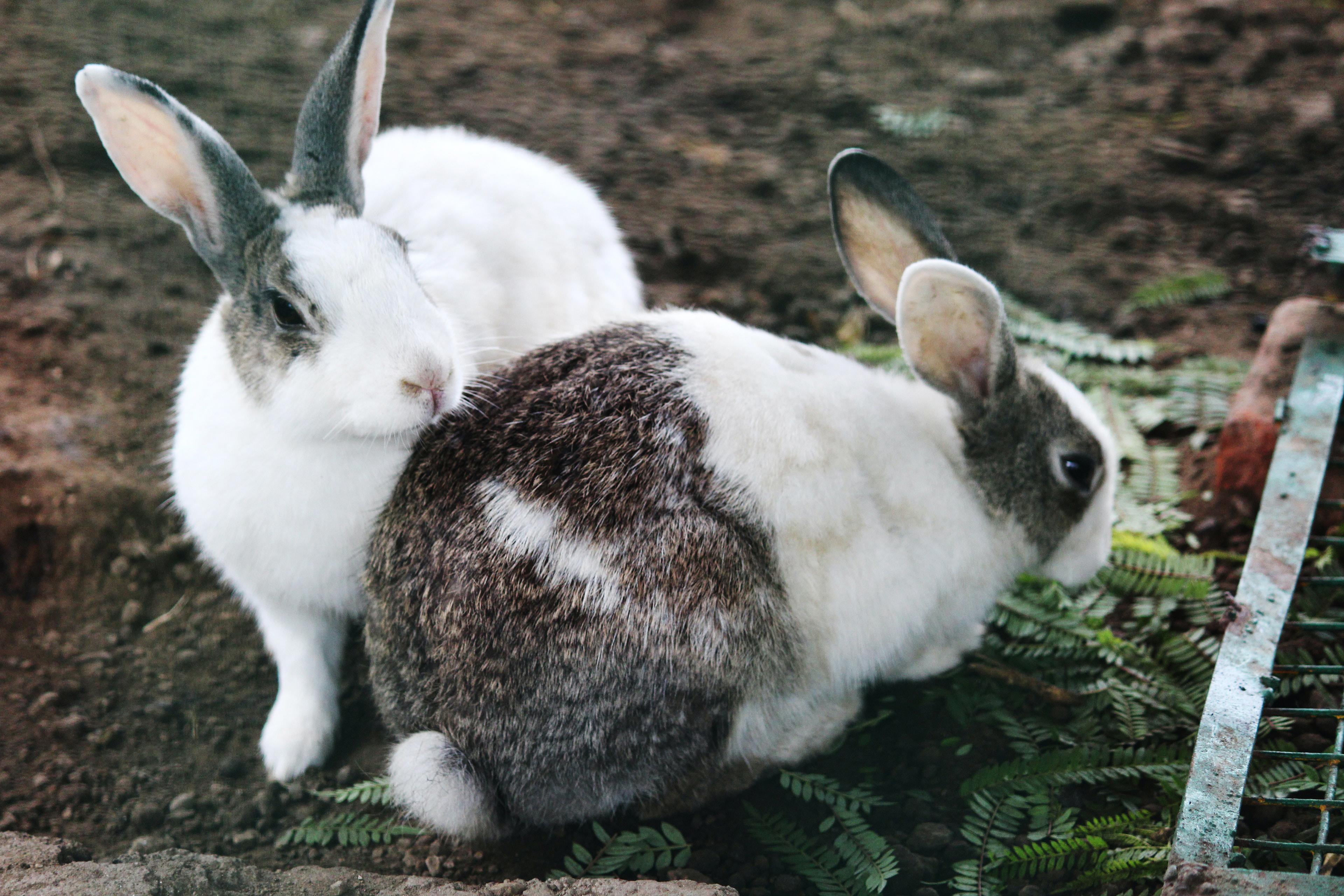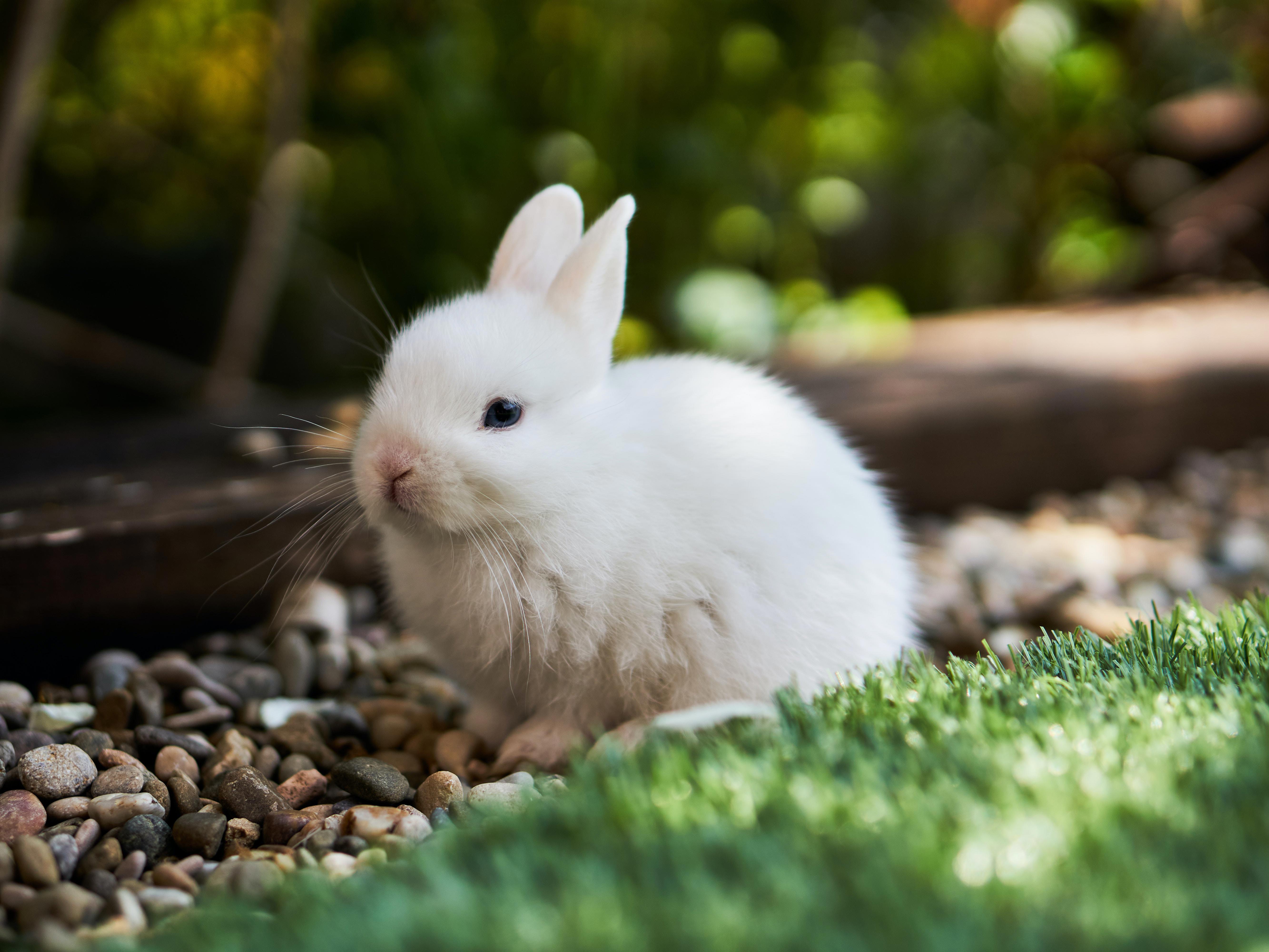Rabbits are adorable and make great pets. However, like all living things, they are susceptible to health issues, including cancer. As a responsible pet owner, it’s essential to be aware of the potential risks and take preventative measures to ensure your furry friend stays healthy. In this blog post, we’ll explore the topic of cancer in pet rabbits, discussing the types of cancer they are most prone to, common symptoms to look out for, and steps you can take to reduce the risk of cancer in your bunny. So, whether you’re a seasoned rabbit owner or considering adopting a bunny, read on to learn everything you need to know about rabbit health and cancer.
Rabbits are beloved pets and their owners often go to great lengths to ensure their furry friends remain happy and healthy. However, many pet owners may not be aware that rabbits are at risk for developing cancer. In this blog post, we will explore the risk of cancer in pet rabbits.
Firstly, it’s important to understand that cancer is not uncommon in rabbits, especially those that are older. The most common types of cancer in rabbits are uterine cancer, mammary tumors, and lymphoma. Uterine cancer is more common in female rabbits that have not been spayed, while mammary tumors are more common in female rabbits that have been spayed. Lymphoma, on the other hand, is a type of cancer that can affect both male and female rabbits of any age.
One of the biggest challenges in identifying cancer in rabbits is that they are prey animals and may not show signs of illness until the disease has progressed. Therefore, it’s important for rabbit owners to monitor their pets closely for any changes in behavior, appetite, or appearance.
.jpg)
Regular veterinary checkups are also crucial for detecting cancer in rabbits early. During a checkup, a veterinarian can examine your rabbit for any unusual lumps or bumps, as well as perform diagnostic tests such as blood work or imaging.
Prevention is also key in reducing the risk of cancer in pet rabbits. Spaying and neutering your rabbit can significantly reduce the risk of uterine cancer and mammary tumors. Additionally, providing your rabbit with a healthy diet and exercise can help maintain overall health and reduce the risk of cancer.
Overall, cancer is a real risk for pet rabbits and it’s important for owners to be aware of the signs and symptoms of the disease. Regular veterinary checkups and preventative measures such as spaying and neutering can help reduce the risk of cancer in pet rabbits. By staying vigilant and taking good care of our furry friends, we can help ensure they live long and healthy lives.
In conclusion, while cancer in rabbits is not as common as it is in other animals, it is still a possibility that pet owners should be aware of. Early detection and treatment can greatly improve the chances of a successful recovery. As a responsible pet owner, it is important to keep a close eye on your bunny’s health and schedule regular check-ups with a veterinarian. By providing your pet rabbit with a healthy diet, clean environment, and regular exercise, you can help reduce the risk of cancer and other health issues. Remember, a little bit of prevention can go a long way in ensuring a happy and healthy life for your furry friend.


.jpg)
